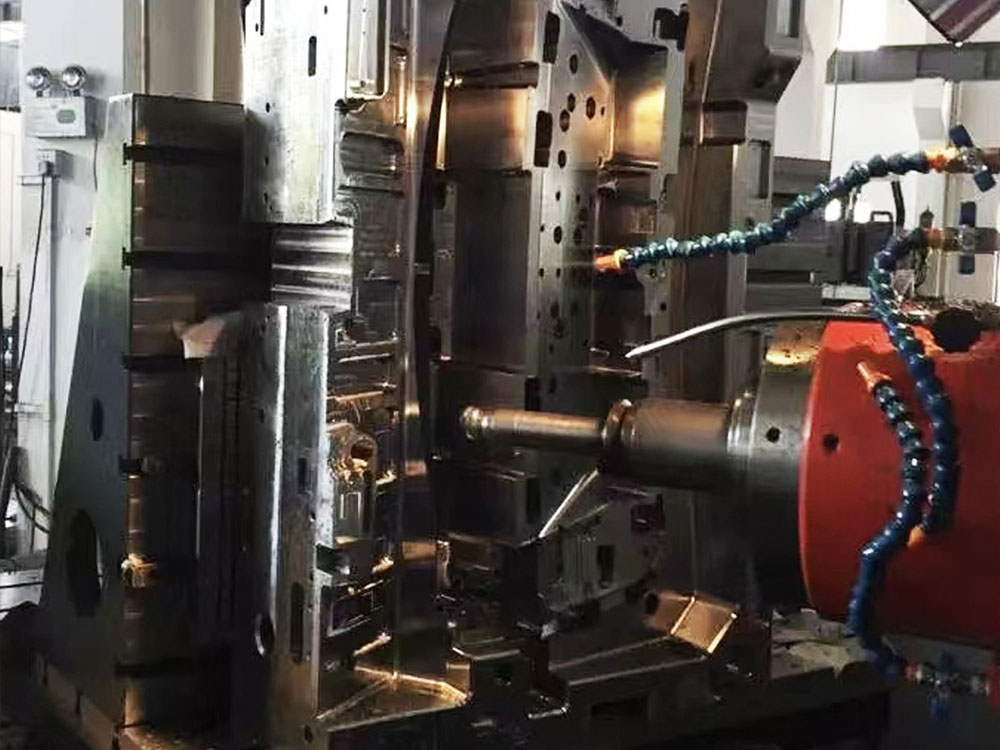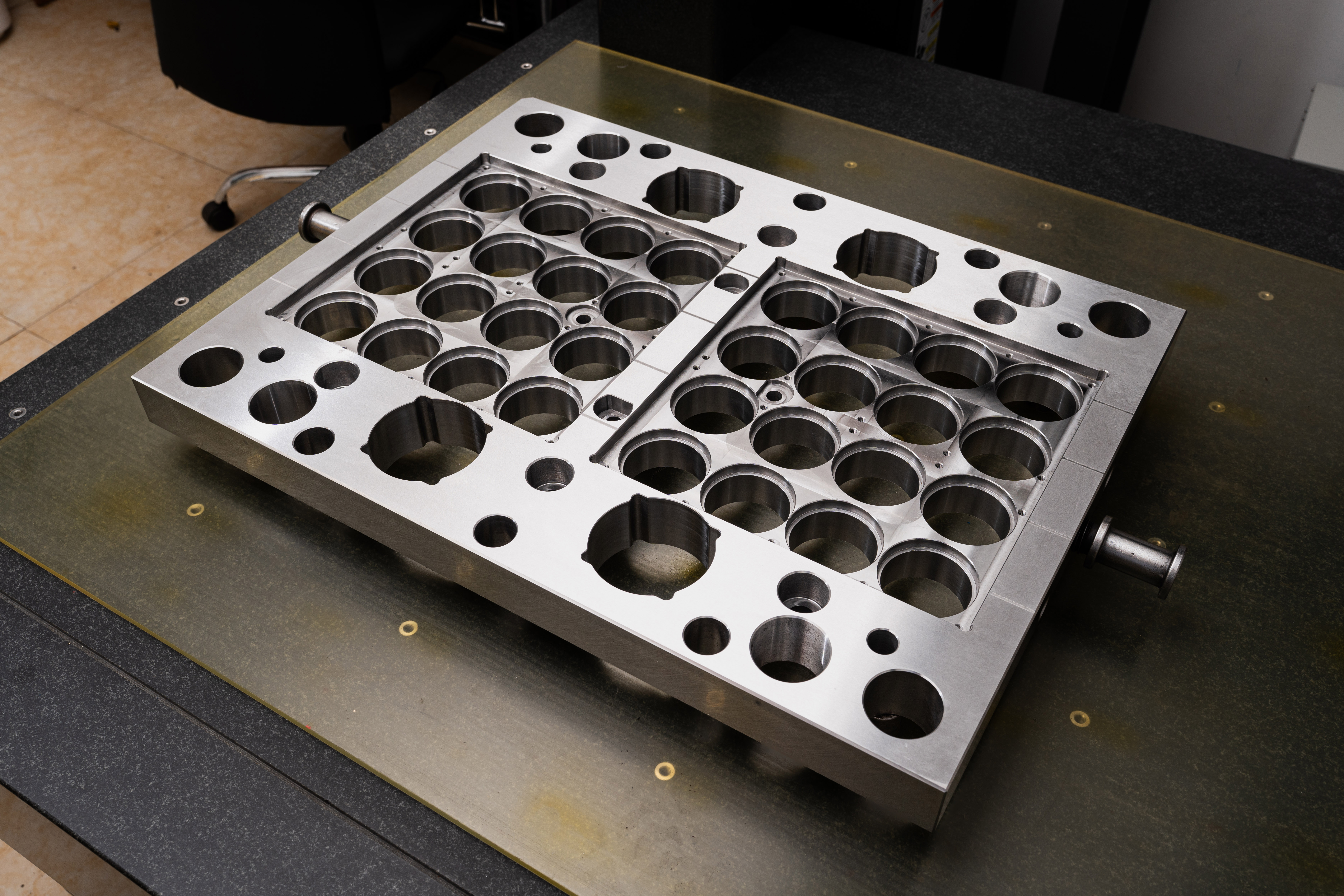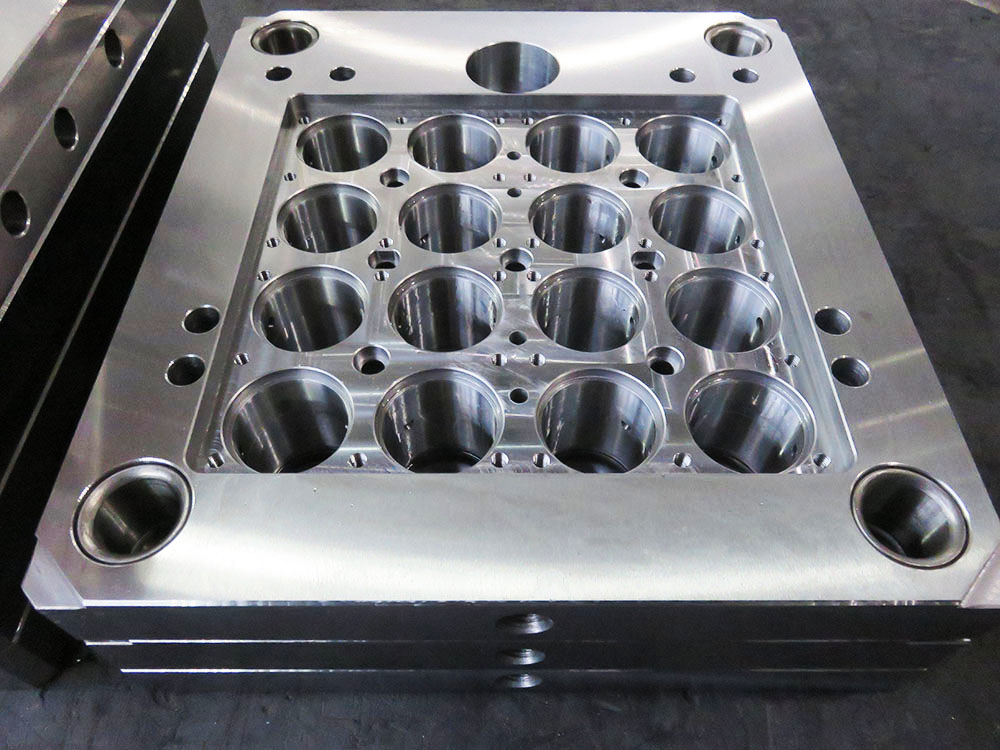Application and Challenges of Metal Shelving in Mold Base Industry
The mold base industry plays a crucial role in automotive manufacturing. Mold bases are used to create the molds that shape various components, parts, and tools used in the automotive sector. Metal shelving is an important component within the mold base industry, providing storage solutions for molds and other equipment. This article explores the application and challenges of metal shelving in the mold base industry.
Applications of Metal Shelving in the Mold Base Industry
Metal shelving in the mold base industry serves several vital applications, including:
1. Effective Storage Solution
Metal shelving provides an efficient storage solution for molds and other equipment used in the mold base industry. The shelving systems are designed to accommodate different sizes and weights of molds, ensuring easy access and organization of the inventory. Through proper shelving systems, mold manufacturers can optimize space utilization, leading to improved productivity and reduced downtime.
2. Enhanced Workflow
Metal shelving helps streamline the workflow within the mold base industry. With properly organized shelving systems, molds and equipment can be easily located and retrieved, minimizing the time spent searching for specific items. This improves overall efficiency, reduces manufacturing delays, and allows mold makers to meet strict production deadlines.
3. Protection and Preservation
Metal shelving provides a secure and safe storage environment for molds. The shelving units are designed to minimize the risk of damage to molds, ensuring their longevity and functionality. Shelving systems often include features such as adjustable shelves, protective coatings, and robust construction to withstand the weight and pressure of the molds, providing adequate support and protection.
Challenges of Metal Shelving in the Mold Base Industry
The use of metal shelving in the mold base industry also presents certain challenges that need to be addressed to ensure optimal performance and safety. These challenges include:
1. Weight and Load Capacity
The mold base industry deals with heavy molds and equipment. Metal shelving systems must be designed to withstand the weight of the stored items, ensuring stability and preventing accidents. It is essential to regularly assess and maintain the load-bearing capacity of the shelving systems to avoid potential structural failures and ensure the safety of personnel working in the industry.
2. Corrosion Resistance
Mold manufacturing often involves exposure to various chemicals and substances that can cause corrosion. Metal shelving systems need to be constructed from materials with high corrosion resistance to ensure the longevity and integrity of the shelving units. Regular cleaning and maintenance of the shelving systems are also necessary to prevent the buildup of corrosive agents and maintain their functionality.
3. Adaptability and Flexibility
The mold base industry is constantly evolving, with new molds and equipment being introduced regularly. Metal shelving systems should be adaptable and flexible to accommodate changes in inventory and storage requirements. Adjustable shelving units and modular systems allow for easy reconfiguration and customization, ensuring the shelving solutions can meet the evolving needs of the mold base industry.
Conclusion
Metal shelving plays a critical role in the mold base industry, providing efficient storage solutions, enhancing workflow, and ensuring the protection and preservation of molds. However, it is important to address the challenges associated with weight and load capacity, corrosion resistance, and adaptability to ensure the optimal performance and safety of metal shelving systems. By overcoming these challenges, the mold base industry can maximize productivity, improve efficiency, and meet the demands of automotive manufacturing.




